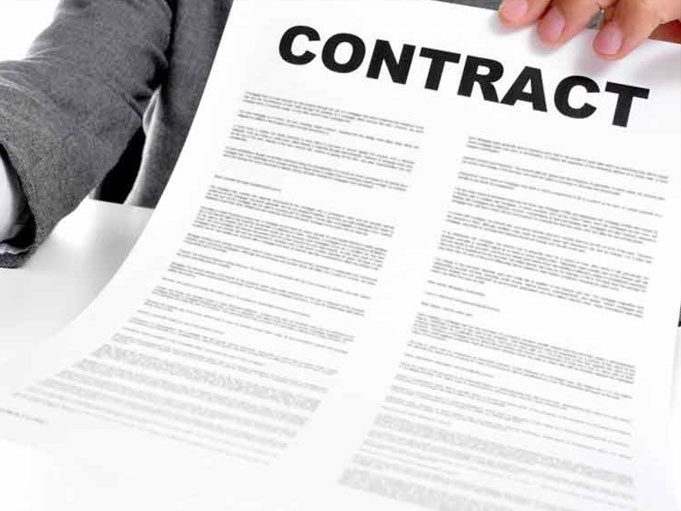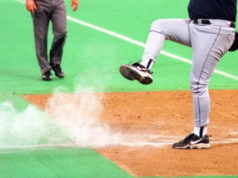A contract is a contract. However, sometimes the parties to a contract want to change the terms. Often leagues will renegotiate officials’ pay for games each year with regular increases. But that isn’t always the case.
As budgets are reviewed, some athletic directors attempt to set officials’ fees for three-year periods without increases and without negotiation. Despite typically working with associations on year-to-year agreements, those athletic directors are considering lengthening their officials’ agreements to save money, have a static budget number and to avoid the financial stress to their schools.
Is that legal? The answer all depends on the details. If your association has a contract with a league for a certain rate for games officiated this season or for a longer period of time, the league can’t unilaterally change the terms of the contract to pay officials without breaching the contract. If the league wants to change the amount it pays officials during the current contract term, it must renegotiate the contract or be liable for damages to the association and the officials working the league’s games.
However, if the season has ended and there isn’t an active contract between the league and the association, then all bets are off. Despite a prior contract calling for officials to be paid a certain rate, the rate can change from contract to contract just as other terms can be different than prior contracts.
If leagues or schools are suffering from budget cuts, or looking to freeze officials’ pay, negotiating for a pay rate to cover multiple seasons makes sense for a league. They save money and have certainty as to the officiating budget for the term of the contract.
While that may be good for the league, it isn’t good for officials. While amateur officials aren’t looking to get rich from officiating, they still want to get paid what their services are worth. There are a few things that can be done to make sure you and your association don’t get caught in a pay freeze situation.
First, select leadership for your association with negotiation experience and the understanding of the interests of association members. If your association puts quality leaders in place, it’s likely to end up with acceptable terms that meet the needs of the members.
Second, associations may want to avoid agreeing to long-term deals with leagues without having the officials’ fees increased periodically throughout the contract. The leagues need officials. Most areas don’t have many choices for officials associations, so the relationship should be mutually beneficial.
Third, keep the lines of communication open. Negotiations between leagues and amateur associations need not be lengthy. Open communication will help each side understand what the other side wants and help reach an agreement quickly.
Trying to change the terms of a contract unilaterally isn’t fair. To decrease the chances of having problematic situations with the leagues you’re working with, put good representatives in place to represent your officials, avoid having your association sign lengthy deals without periodic pay increases and keep the lines of communication open.
Follow those tips and you can avoid arguing about your contract and get back to arguing about your calls.
What's Your Call? Leave a Comment:
Note: This article is archival in nature. Rules, interpretations, mechanics, philosophies and other information may or may not be correct for the current year.
This article is the copyright of ©Referee Enterprises, Inc., and may not be republished in whole or in part online, in print or in any capacity without expressed written permission from Referee. The article is made available for educational use by individuals.


















